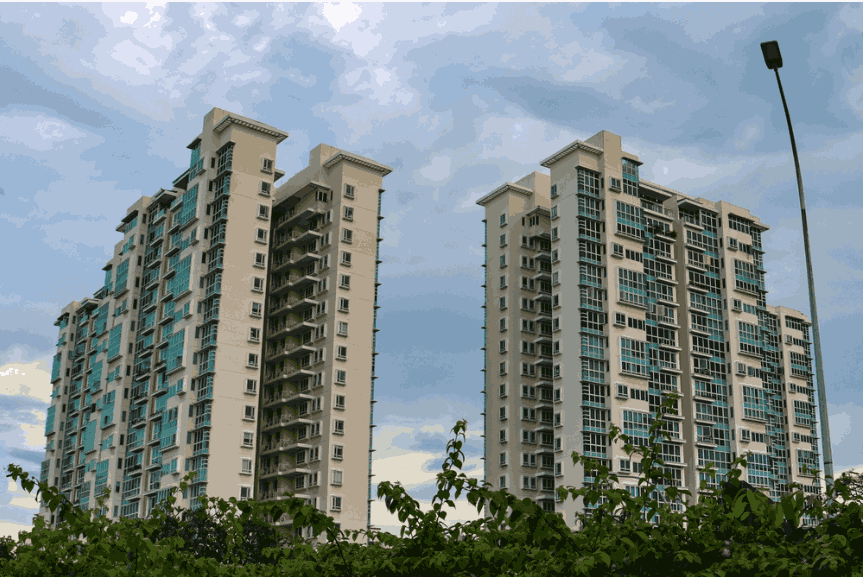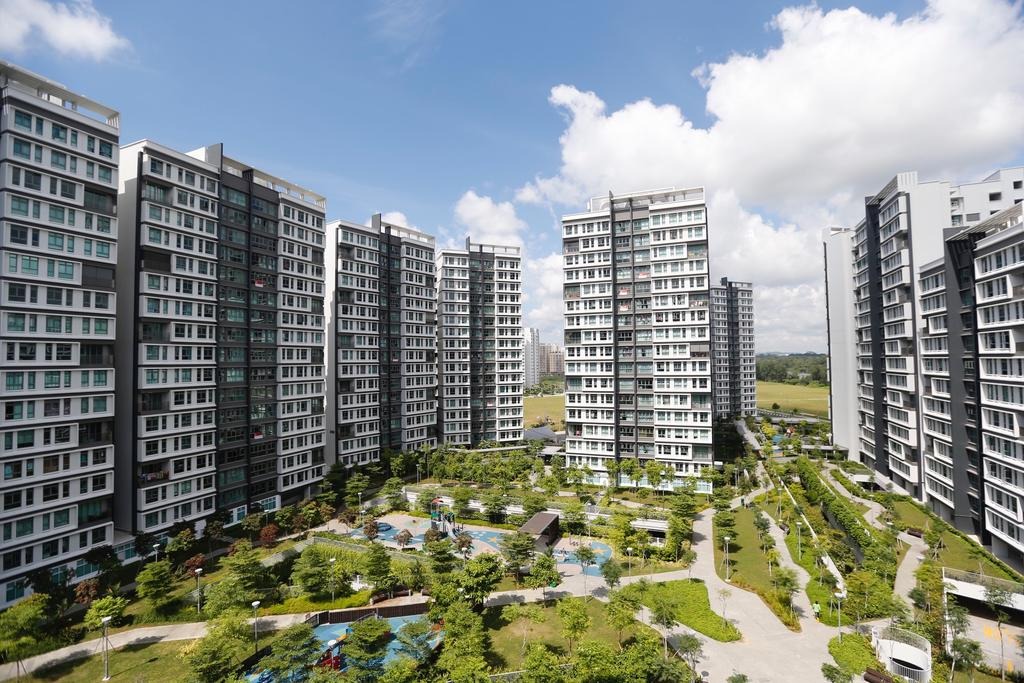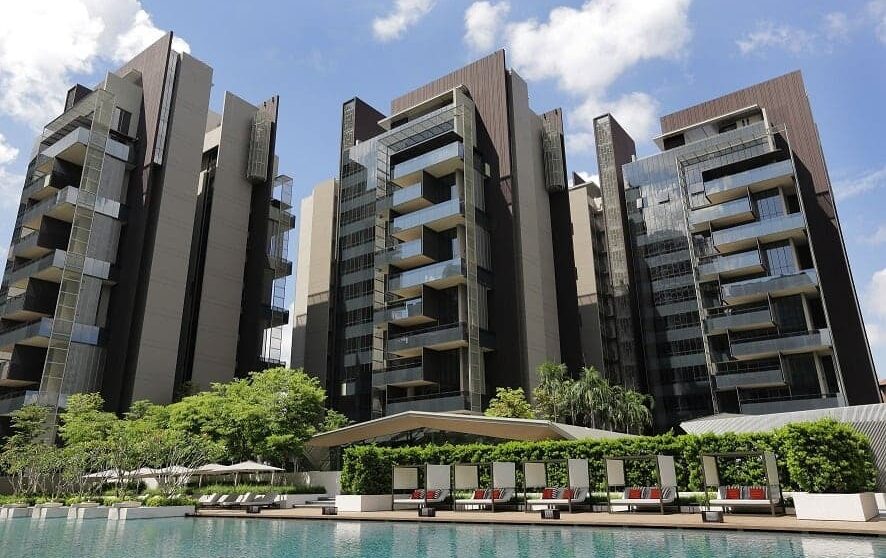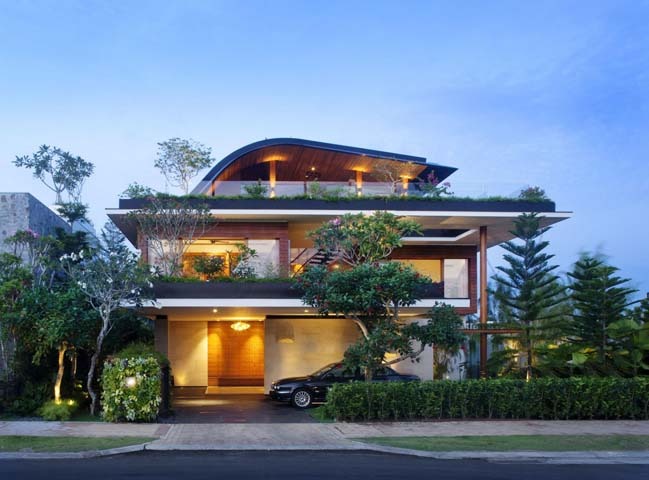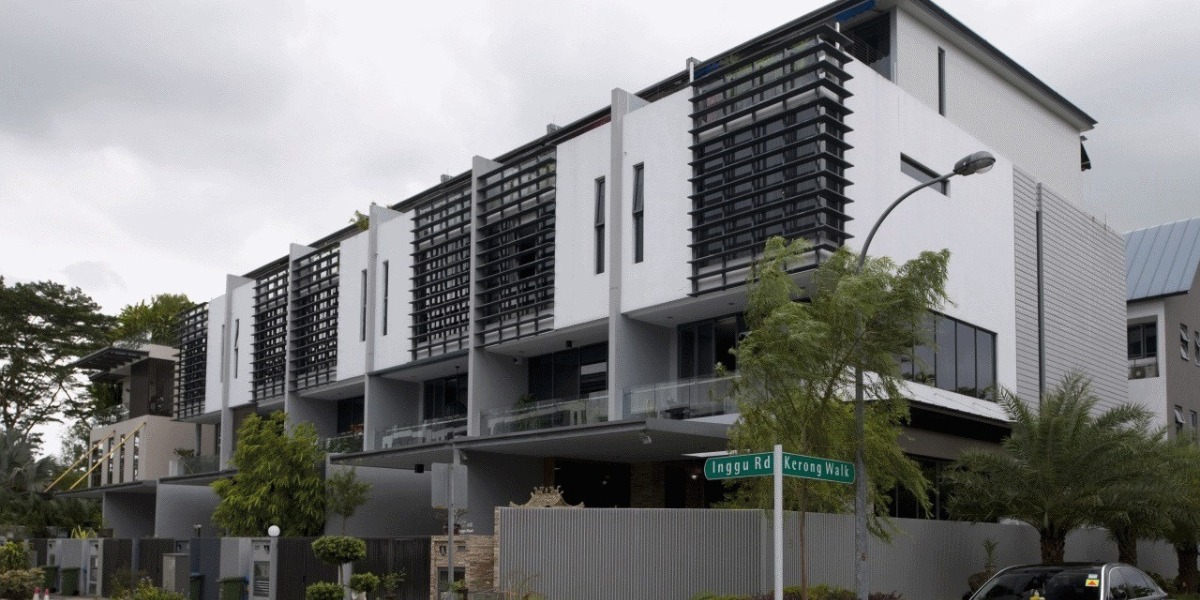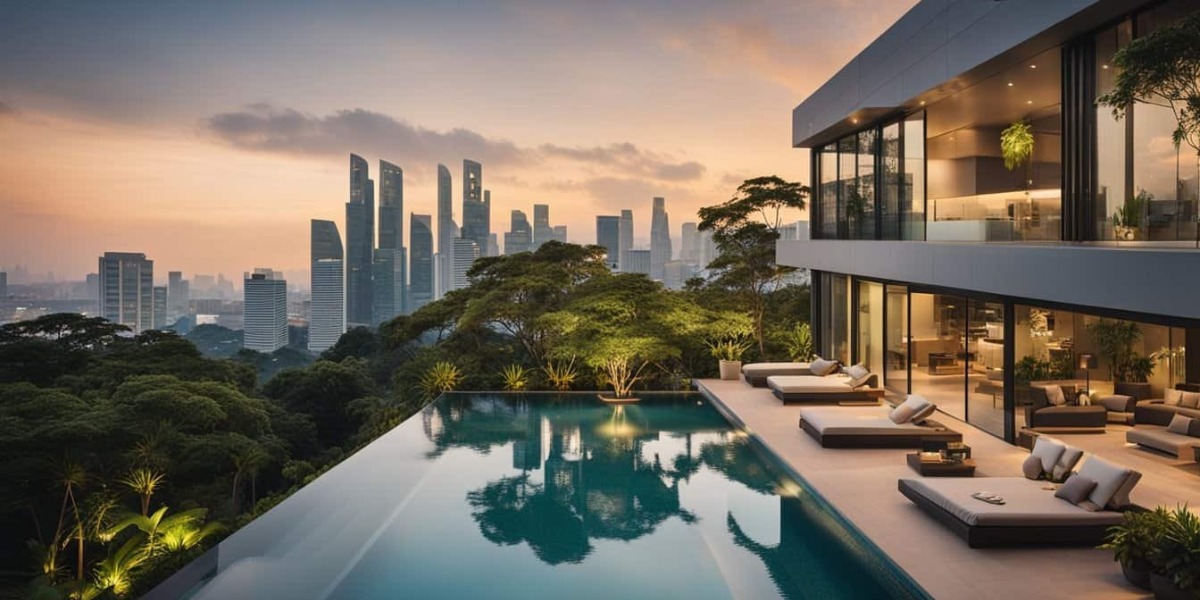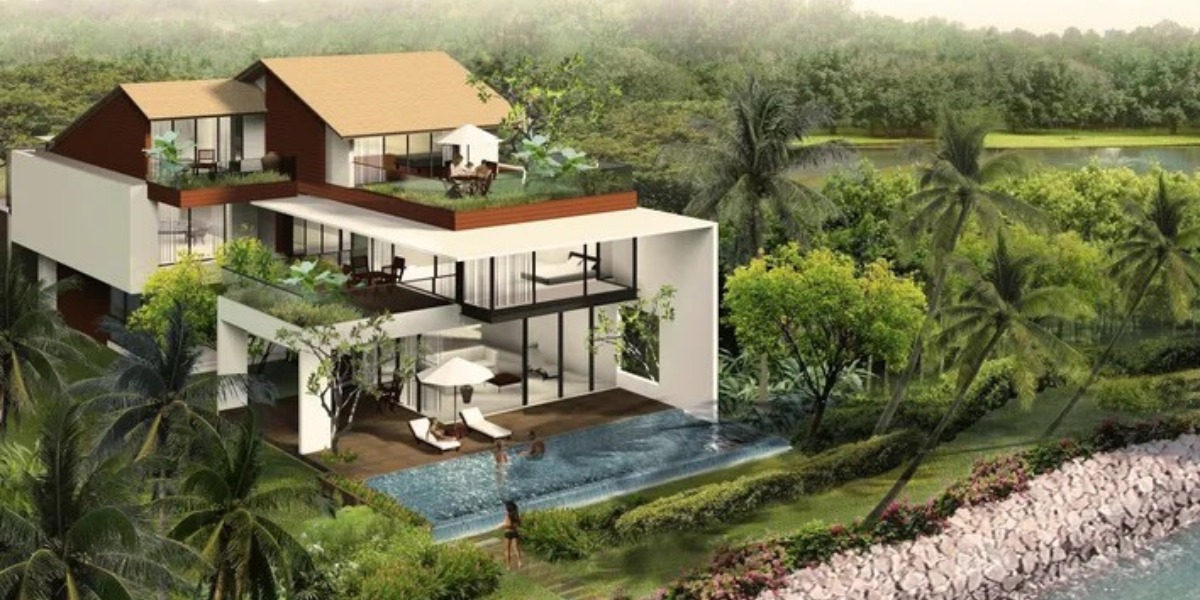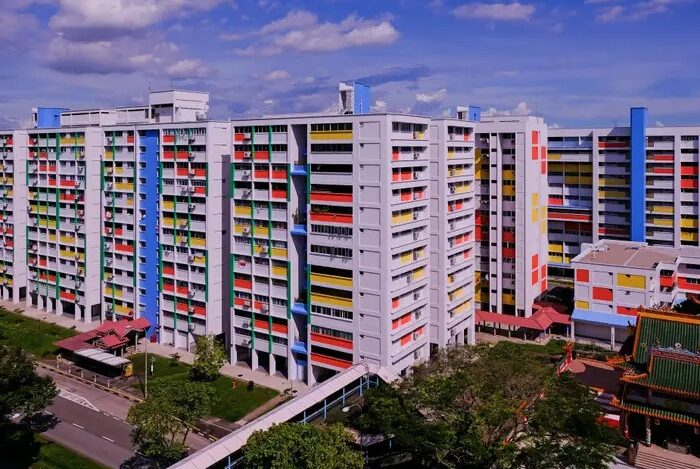The Complete Guide to Buying Property in Singapore: Expert Insights from Dominic Choa Real Estate
The Complete Guide to Buying Property in Singapore: Expert Insights from Dominic Choa Real Estate Singapore, a vibrant Southeast Asian city-state, has long been a magnet for international property investors. With its strong economy, stable political climate, and strategic location, it remains an attractive destination for both local and foreign buyers looking to invest in real estate. Many people see Singapore’s property market as a key part of their wealth-building strategy, which is known for its resilience and potential for long-term growth. For years, Dominic Choa Real Estate has led Singapore’s real estate scene, helping countless clients navigate the ins and outs of buying a home. Whether you’re an experienced investor, a first-time buyer, or someone from abroad eager to dive into this dynamic market, this comprehensive guide aims to provide you with valuable insights into purchasing property in Singapore. Understanding Singapore’s Property Market A. Current Market Trends Even in the face of significant global economic headwinds, the Singapore real estate market has demonstrated incredible resiliency. By 2024, both the public and private housing markets will have experienced consistent expansion. Over the past few years, private residential prices have climbed by an average of 3-5% annually, while HDB resale prices have consistently appreciated as well. B. Types of Properties Available HDB Flats: The foundation of Singapore’s residential environment is Housing and Development Board (HDB) flats, which are public housing. They come in a range of sizes, from flats to executive apartments to executive maisonettes, and are reasonably priced. Condos: Popular among local Singaporeans and Permanent Residents (PR) for their “status”, facilities, and investment potential, these private residential apartments offer a variety of amenities like tennis courts, swimming pools, and gyms for residents. They are available in different varieties, from mass-market condominiums to luxury high-rise apartments. Landed Properties: These consist of terraced, semi-detached, and bungalow-style homes. Although they are typically more expensive and have some ownership limitations, they provide greater privacy and space. Commercial properties: These include retail stores, office buildings, and industrial properties. Business owners and investors seeking rental income may find these properties appealing. C. Factors Influencing Property Prices Here are several factors that impact property prices in Singapore: Eligibility and Regulations A. Rules for Singaporean Citizens Singaporean citizens have the most flexibility when it comes to buying property in Singapore. They are not restricted in their ability to purchase private or public (HDB) properties. Still, there are laws to be mindful of, especially when purchasing HDB apartments. Because HDBs are public housing meant for the majority of Singaporeans, there are certain restrictions such as the Ethnic Integration Policy (EIP). The EIP is put in place to preserve Singapore’s multicultural identity and promote racial integration and harmony. It ensures that there is a balanced mix of the various ethnic communities in HDB towns. The EIP limits are set at block and neighborhood levels based on the ethnic makeup of Singapore. B. Regulations for Singapore Permanent Residents (PRs) Singapore Permanent Residents (PRs) have more options than foreigners but fewer than citizens. PRs can: C. Guidelines for Foreigners Buying Property in Singapore Foreigners interested in buying property in Singapore face more restrictions: D. Recent Changes in Property Buying Rules In recent years, the Singapore government has implemented several property cooling measures to maintain a stable and sustainable property market: E. Impact of New Regulations on the Market By limiting price growth, these cooling measures have assisted in averting market overheating and ensuring the Singapore Property Price Index grows at a stable and sustainable pace. Additionally, they have changed real estate investor strategy and buyer preferences to focus on prudent property investments due to the high additional buyer stamp duty for second property purchases. Step-by-Step Guide to Buying Property A. Assessing Financial Situation and Budgeting Before embarking on your property-buying journey, it’s crucial to: B. Securing Financing and Loan Options Most property purchases in Singapore involve taking out a mortgage. Key considerations include: C. Property Search Process With your budget and financing in place, you can start your property search: D. Working with Real Estate Agents A good real estate agent can be invaluable in your property search. At Dominic Choa Real Estate, we: E. Due Diligence and Property Valuation Before making an offer, conduct thorough due diligence: F. Making Offers and Negotiation Once you’ve found a suitable property: G. Legal Process and Documentation After accepting an offer: H. Completion and Handover The final steps include: Buying Private Property in Singapore A. Benefits of Investing in Private Property Private properties offer several advantages: B. Types of Private Properties Private properties in Singapore include: C. Restrictions and Eligibility Criteria While there are fewer restrictions on private property purchases, buyers should be aware of: D. Financing Options for Private Property Financing options for private properties include: Landed Property in Singapore A. Types of Landed Property Landed properties in Singapore include: B. Regulations for Different Buyer Categories Regulations vary depending on the buyer’s status: C. Pros and Cons of Landed Property Investment Pros: Cons: Commercial Property Investment A. Types of Commercial Properties Commercial properties in Singapore include: B. Benefits and Challenges Benefits: Challenges: C. Key Considerations for Buyers When buying commercial property, consider: Buying a Second Property A. Additional Buyer’s Stamp Duty (ABSD) ABSD rates for second and subsequent properties: B. Strategies for Managing Multiple Properties C. Potential Returns: Rental Income and Capital Appreciation Expert Tips from Dominic Choa Real Estate A. Insider Knowledge of Market Trends B. Areas with Growth Potential C. Common Pitfalls to Avoid D. Maximizing Property Investment Returns Investing in property in Singapore presents a fantastic opportunity to tap into one of Asia’s most stable and prosperous markets. Whether you’re a first-time buyer, an experienced investor, or someone from abroad looking to enter the Singapore property scene, it’s essential to understand the details of the buying process. At Dominic Choa Real Estate, we’re dedicated to guiding you through every step of your property journey. With our deep knowledge of the Singapore real estate market and a personalized approach, we’ll help

